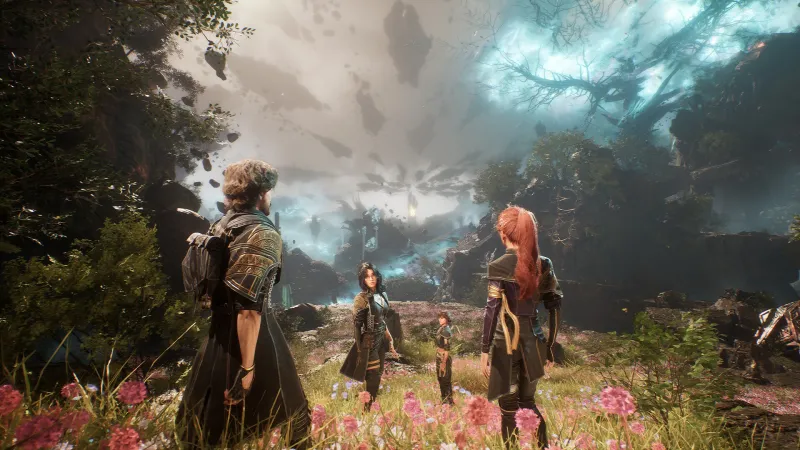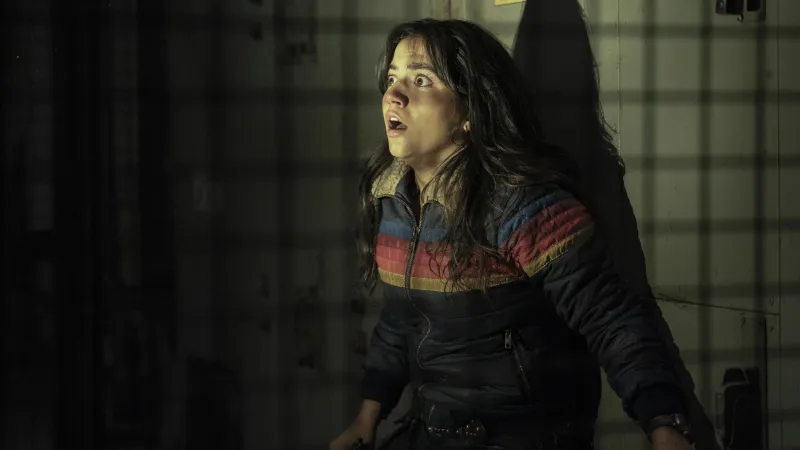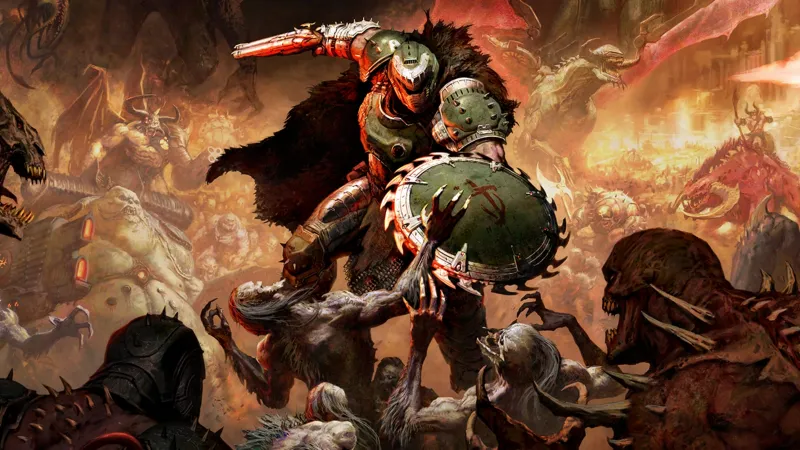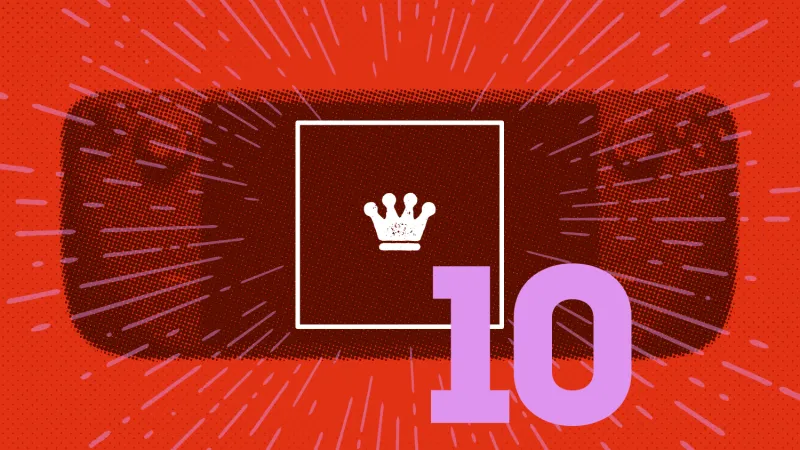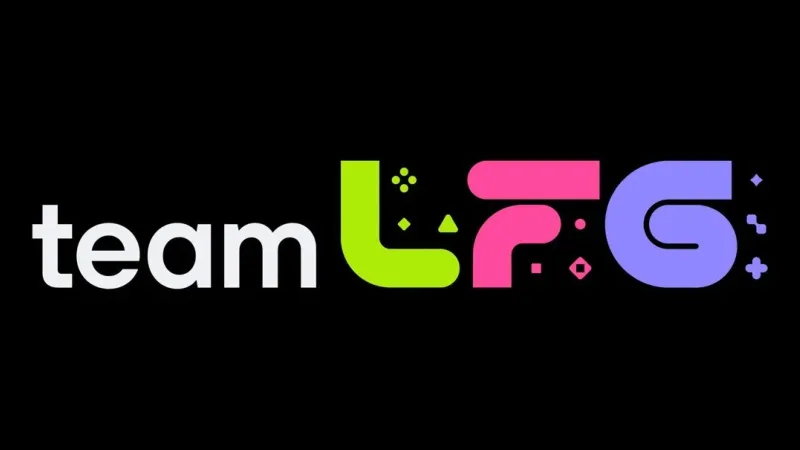At long last, it seems we are finally getting that big remaster of The Elder Scrolls IV: Oblivion. And that’s just the bee’s knees. I loved Oblivion. So why don’t I feel very excited?
Oblivion floored me when I first played it on PlayStation 3 in 2007. It was my first exposure to not only the series but also to big, open-world western RPGs. The level of freedom astounded me, from the moment Emperor Patrick Stewart freed me from my prison and the Jurassic Park-like reveal of Cyrodiil that followed, to finding out I could kill a dude and be invited to join a cool club of totally normal cloaked samaritans with good intentions. You’re saying I can climb (read: awkwardly skip upwards) that mountain in the distance? I’m sold.
It was the first time since Grand Theft Auto III that I felt I had limitless opportunities in a video game. That freedom was so intoxicating that I tolerated the game’s horrendous menu and inventory system, constantly having to jump to accelerate the strange passive stat leveling system, and the litany of mechanically awkward interactions that have since aged into a blend of peak comedy and modern art.
With those warm memories at the forefront, I pored over the leaked screenshots of this probably-real remaster and found myself simply thinking “neat.” My muted reaction has little to do with the alleged facelift potentially sapping the original world of its whimsical glow. Slowly but surely, I realized a remaster can’t capture the core of why Oblivion made such a mark in my life; it gave me something I had never experienced at the time. That has very much changed.
In the whopping 18 years since I finished Oblivion, I’ve experienced the same freedoms it offered many times over in other games – and done better, at that. The Witcher 3: Wild Hunt, Red Dead Redemption II, and Oblivion’s own sequel, Skyrim, have all outclassed the 2006 RPG in one aspect or another, whether it’s boasting bigger worlds, better quests, superior combat, or stronger storytelling. No NPC has topped Oblivion’s Annoying Fan, however, including Bethesda itself (at least you tried, Starfield). So if I’m more likely to taint my near two-decade-old memory of the game by unfavorably comparing it to what’s come after, what would I be coming to this remaster for?
Oblivion was a great game, but what I want to experience again most of all is the intangible excitement that came from it being a novelty. A remaster can’t scrub my brain clean of my overexposure to games of its ilk. That’s one of the unfortunate but inevitable drawbacks of any remaster (or remake, for that matter). Sure, Oblivion will look much nicer, and I’ll check it out in the name of nostalgia and media-obligated science, but I’ll really be chasing a high that is simply unattainable.
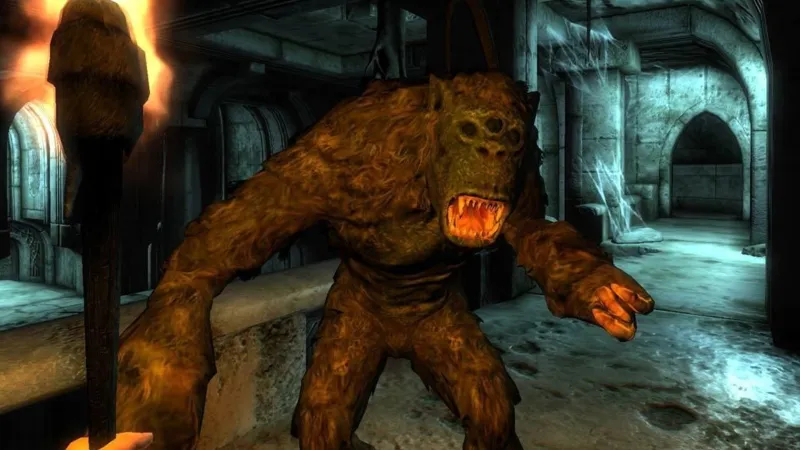
Remasters are great for making games look and play “the way you remember them,” but they can’t make you feel the same way you did the first time. Some come close; the Dead Space remake added new mechanical bells and whistles to make the game even scarier on the second go around. Metroid Prime Remastered reinforced that title as one of the best ever, and there are still few shooters like it. Perhaps it’s because Oblivion is one of the originators of a now oversaturated genre that the idea of going back to it is less appealing without that now-expired novelty factor.
It could also be that Bethesda’s RPGs have been losing their usual iron grip on me since Fallout 4. The novelty of freedom that their adventures once monopolized has now been plundered by other games, leaving me to see the aging warts in their titles without the thick layer of magic to obscure them. I bounced off Starfield pretty hard, so can what’s essentially an 18-year-old version of that basic blueprint hook me the same way it once did? I’m not sure.
To avoid sounding too much like a sourpuss, I’m very much open to being proven wrong. I don’t know what the remaster would have to do to recapture my love in other ways; maybe my lengthy time away from it will make it feel “new” again. In recent years, I have found myself enjoying more throwback-style games such as Hi-Fi Rush and, most recently, South of Midnight, whose simpler templates feel refreshing in the current landscape. The Oblivion remaster could land with me in the same way: a fun time machine to before open-world RPGs became overly complex and bloated affairs.
It’s probably healthy that I’ve recalibrated my expectations for this potential remaster from “rose-colored” to “realistic.” I’m less likely to kid myself into thinking I’d be having the same type of fun I did in 2007. I’m not saying I won’t experience some degree of enjoyment and will suddenly hate the game. But will I be as utterly enchanted as I was as a 19-year-old who didn’t know video game worlds could be that expansive? Absolutely not, and I’m coming to grips with being okay with that.









